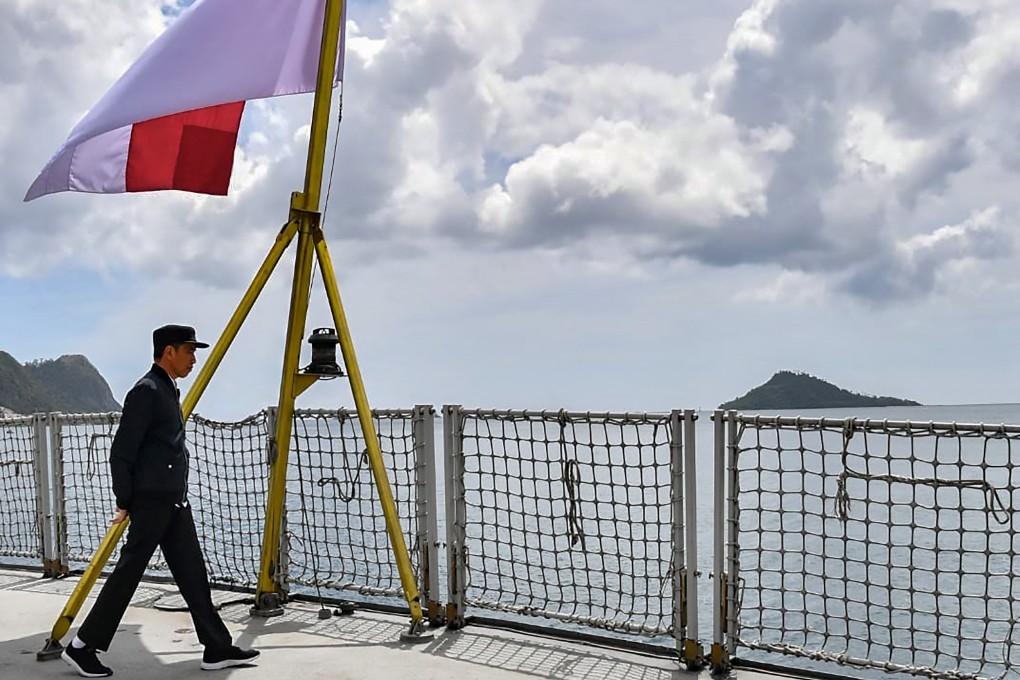Advertisement
Opinion | How Indonesia and China can learn to get along
- Many Indonesians are sceptical of China’s motives, thanks to decades-old prejudice and Beijing’s recent assertiveness in the South China Sea
- Both sides have a long way to go before they reach a mutual understanding, but showing respect – or giving ‘face’ – would be a good start
Reading Time:4 minutes
Why you can trust SCMP
2

A US$125 billion plan to modernise Indonesia’s military, for which Defence Minister Prabowo Subianto recently sought parliamentary approval, would represent the country’s most pronounced attempt yet to stand up to China’s assertive behaviour in the South China Sea.
Though Indonesia maintains it is a non-claimant state, some 19,300 square miles of its exclusive economic zone around the Natuna Islands fall within the nine-dash line Beijing uses to claim nearly 90 per cent of the disputed waterway. Incursions by Chinese fishing vessels backed up by China’s coastguard have regularly taken place in Indonesian waters since the early 2010s.
Subianto’s arms scheme, which a ministry official said would rely on funding from a 28-year loan guaranteed by “countries sitting as permanent members of the United Nations Security Council”, is a sobering reminder of China’s image problem in Indonesia.
Beijing’s insistence on including a portion of the Natuna Sea as part of its “traditional fishing grounds” has been seen by Jakarta as the most immediate threat to its sovereignty – a sensitive issue for many Indonesians and one that has cost the nation’s presidents dearly in the recent past.
BJ Habibie, whose brief tenure as Indonesia’s third president ended in 1999, failed to secure renomination partly because he was deemed responsible for allowing an independence referendum to take place that year in East Timor, leading to its eventual secession three years later. The former Portuguese colony had been annexed by Indonesia in 1975 and administered as a province.
Megawati Sukarnoputri, whose presidency lasted from 2001 to 2004, suffered a serious dent to her reputation after the International Court of Justice ruled in Malaysia’s favour in 2002 in a dispute with Indonesia over the islands of Ligitan and Sipadan in the Celebes Sea.
Bullying, incursions
China’s apparent disregard of Indonesia’s sovereign territory has created the perception that it is a bully. In a public poll conducted by Media Survei Nasional ahead of Indonesia’s 75th independence celebration last year, 31.5 per cent of 466 respondents from 17 cities across the country named China as a threat – ahead of the US at 10.8 per cent and Malaysia at 4.3 per cent.
Advertisement
